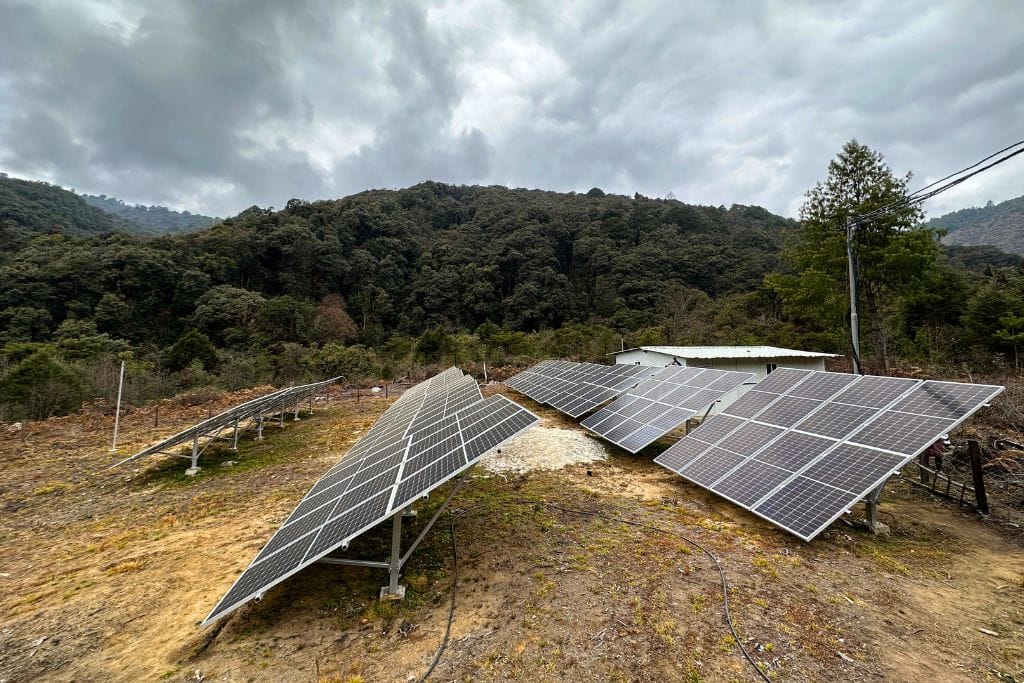
Park Information
As the sanctuary lies in the Indo-Malayan realm, it is a true biodiversity hotspot. It is the only refuge for the elephants of the bordering Udalguri districts of Assam, India, as the habitat are degraded
- Location: Situated in in the south eastern part of the country
- One of the smallest protected areas in the country and the only protected area which does not have a management plan in place
- The National Tiger Survey (2015) also validated the presence of tigers in the sanctuary

Faunal and Floral Diversity
Faunal and floral diversity under the Bumdeling Wildlife Sanctuary
Species of cats found
0
species of mammals
Risk and Threats
Infrastructure development
The ongoing SamdrupCholing-Jomotshangkha highway construction poses a threat in conserving the biodiversity of the sanctuary
Poaching
Illegal poaching of wildlife and timber species especially by the people from across the borders remain unabated despite frequent patrolling
Forest fire
Forest fires set by people across the borders is a serious threat to the habitat and biodiversity of the sanctuary
JWS's Future with Bhutan for Life
Conservation status of high profile, lesser known, endangered and endemic flora and fauna species determined and documented
Eco-lodges and eco-treks designed and developed
Park communities implement climate-smart organic agriculture
Degraded lands within JWS mapped and restored with climate-smart mechanisms
SMART patrolling implemented in JWS
Park staff trained for effective anti-poaching operations
Forest quality and extent is maintained
New nature-based local enterprises implemented
JWS equipped with adequate and competent staff and essential equipment and infrastructure
Inhabitants
Residents are farmers who depend of agriculture for livelihood. They cultivate paddy and maize as their main stable food
Camping and Trekking Sites
Trekking Route
The management is of the opinion that an existing footpath can be developed as a trekking route and a birding trail through the sub-tropical forest
Major Projects
Bringing light to one of the highest communities of Himalayas.
Management Plans
This conservation management plan describes in details the importance of the park in ensuring biological continuity and ecosystem integrity, human communities and economic status; experiences and challenges, achievements from the past conservation management plan, threats and strategic actions for next 10 years. This plan also includes implementation work plans with budget outlay, monitoring, and evaluation approach for the planned activities.


